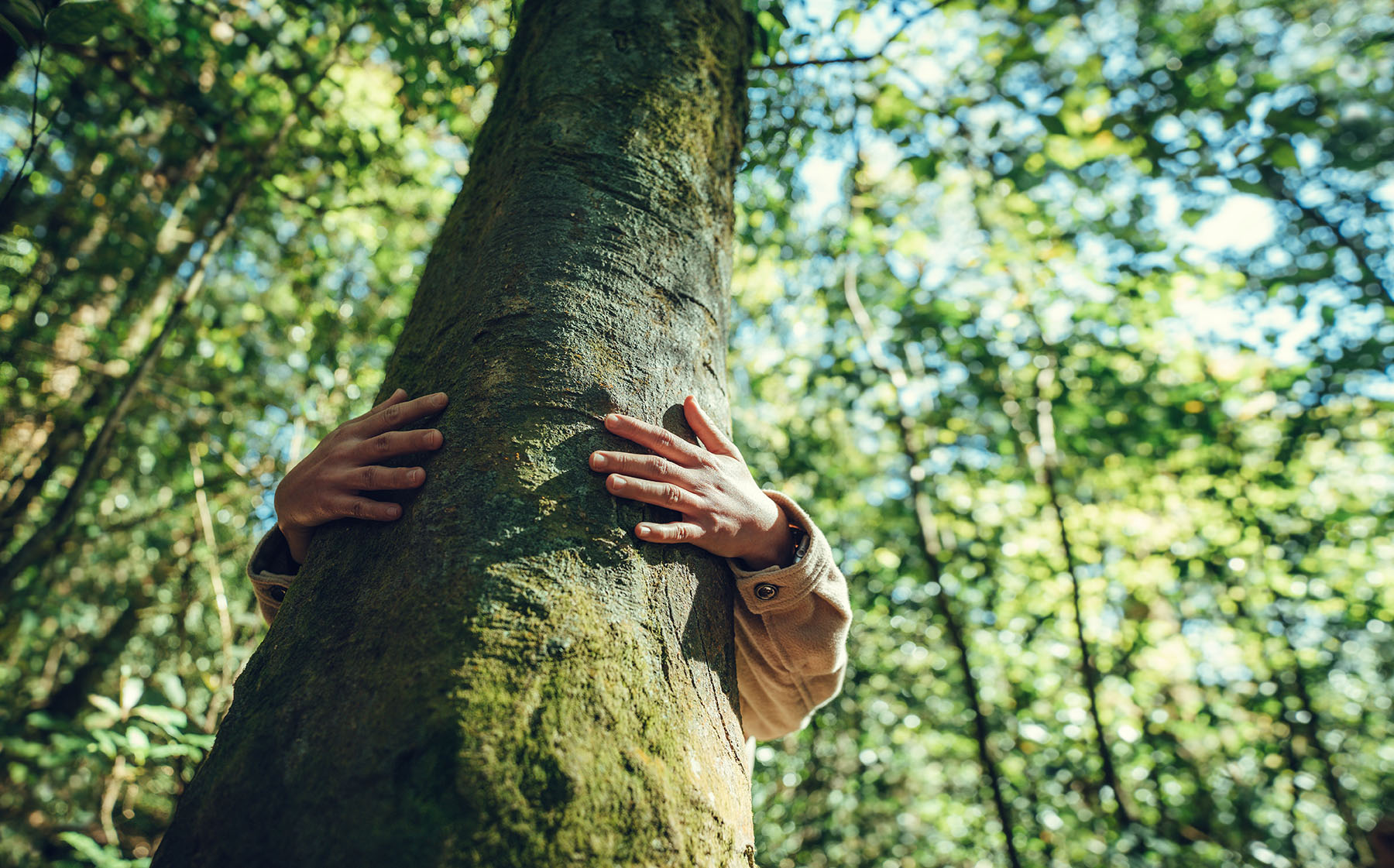

Conserve means to use something in a way that minimizes its loss or waste.
This can be done by using less of a resource, using it more efficiently, or finding alternative resources.
Conservation is important for protecting the environment and ensuring that resources are available for future generations.
We should conserve water during the drought.

Noun: conservation (plural: conservations).
Adjective: conservative.
Verb: to conserve.
Adverb: conservatively.
The word "conserve" comes from the Latin word "conservare", which means "to keep safe" or "to preserve". It is made up of the prefix "con-", which means "together", and the verb "servare", which means "to keep".
What things can you conserve?
Question:
In the context of environmental science, what does it mean to "conserve" and why is conservation important for the planet?
Answer:
Conserve is the act of protecting, preserving, and managing natural resources and ecosystems to ensure their sustainability for present and future generations.
Conservation is crucial for the planet because it helps maintain biodiversity, prevent habitat destruction, and protect endangered species. By conserving natural resources such as water, forests, and wildlife, we can ensure the balance of ecosystems and the well-being of all living organisms.
Additionally, conservation supports sustainable development, reduces the impact of climate change, and maintains the Earth's ecological equilibrium. It also plays a significant role in supporting human societies by providing essential resources for agriculture, medicine, and other economic activities.
Conservation efforts are essential to safeguarding the environment's resilience and creating a sustainable future for humanity and all life on Earth.
Address
Developing Experts Limited
Exchange Street Buildings
35-37 Exchange Street
Norwich
NR2 1DP
UK
Phone
01603 273515
Email
hello@developingexperts.com
Copyright 2025 Developing Experts, All rights reserved.